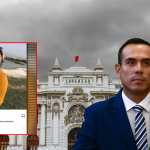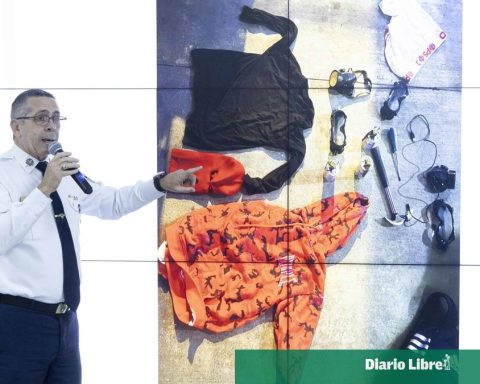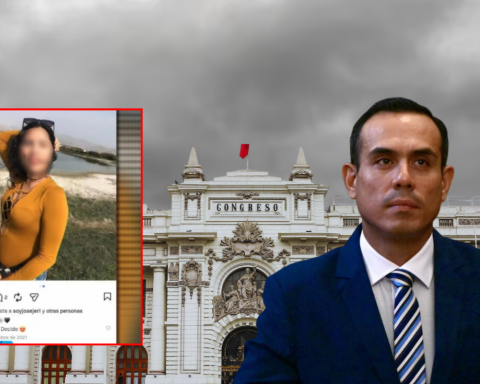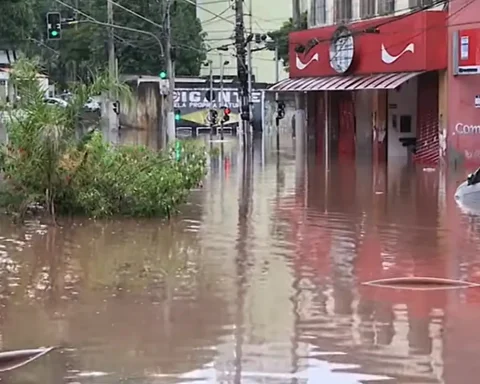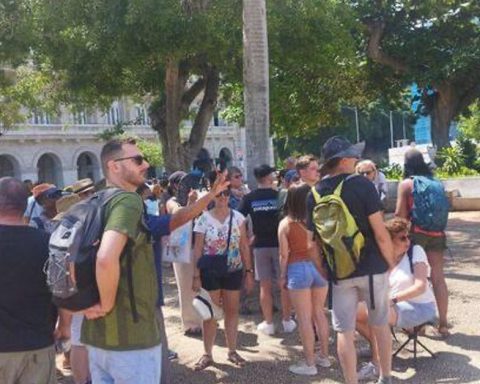Facing a new anniversary of the social outbreak -which will happen tomorrow-, the Diego Portales University (UDP) issued a chapter of its Annual Report on Human Rights in Chile 2022. In the text, they reveal that as of April of this year there have been filed 8,593 cases against State agents. Of them, only 75 have been formalized, with 128 agents involved.
The document -prepared by academics Lydia Houses, danitza perez Y Eduardo Alcaino– reports that among the 75 formalized cases, “35 cases for the crime of unlawful coercion, five for serious injuries, 18 for unjust harassment and six for torture” stand out.
You may also like:
“In these formalized cases, in eight cases the defendants have been subjected to the precautionary measure of preventive detention, in 12 to house arrest, 33 to national roots, in 42 with a prohibition on approaching the victim. Preventive detention is ordered in a 10.6% of the cases of imputed agents”, they added.
Regarding the accusations or requirements presented to bring the case to trial, until April 2022 they were presented in 30 cases, against 64 defendants; of these 44 for illegitimate coercion.
Among the crimes that stand out, at least 18 have been for unlawful coercion, two for frustrated homicide, seven for torture and unlawful coercion, seven for unfair harassment, two for obstruction of the investigation, among others.
“Until April 2022, the information from the Public Ministry showed cases with ten sentences, of which nine with conviction, and one acquittal. In those convictions, 16 State agents have been penalized. In relation to crimes, in six cases has been due to illegitimate pressure,” they said.
The global figures do not show a great change with respect to the figures compiled by the UDP in the 2021 report. Of the 8,581 cases against State agents until January 2021, 5,102 (60%) are concluded. Of the cases completed, 54.4% (2,775) were through the provisional file tool.
Differences with detainees in protests
In the 2021 report, the authors stated that “there was an abusive use of preventive detention for public disorder as a precautionary measure”, against people detained in protests, within the framework of the social outbreak.
“The criminal prosecution of both State agents and people arrested and imprisoned in the context of the social outbreak, presents radical differences,” they reiterated in the chapter of the 2022 report.
Difficulties in pursuit
According to the document, there are at least two reasons that make it difficult to persecute State agents: “on the one hand, the time that elapses between the criminal act and the moment in which the evidence is actually collected; and on the other, that a large part of that evidence is in the hands of those being accused.
A lawyer from the National Institute of Human Rights (INDH) explained to the authors that, in the case of the security camera recordings, Carabineros reports that there are no longer any audiovisual records, if there were any, since they are kept only for a while. . “This would explain, among other factors, that 80% of the investigations have ended without results,” the text indicates.
“The foregoing is reinforced if it is considered that, of the total income, 90% corresponds to cases where the victim does not know the identity of his aggressor and refer to crimes of injuries caused by the use of pellets or spontaneous aggressions without major injuries. in the context of marches. A similar situation occurs with human rights defenders who have received anonymous threats and whose reported cases do not present major advances, “he adds.
In turn, the text points out that “the discretion in the persecution and the lack of observance of the instructions or guidelines, including those established by the Human Rights Unit of the Public Ministry, are presented as some of the great problems for the effective advance of investigations”.








